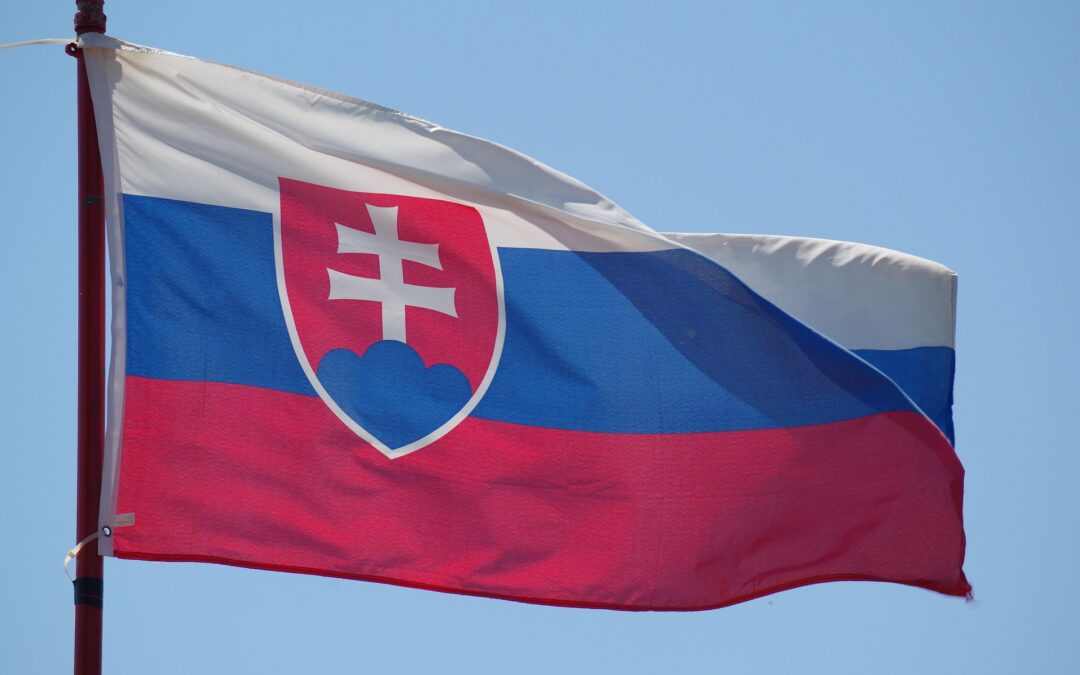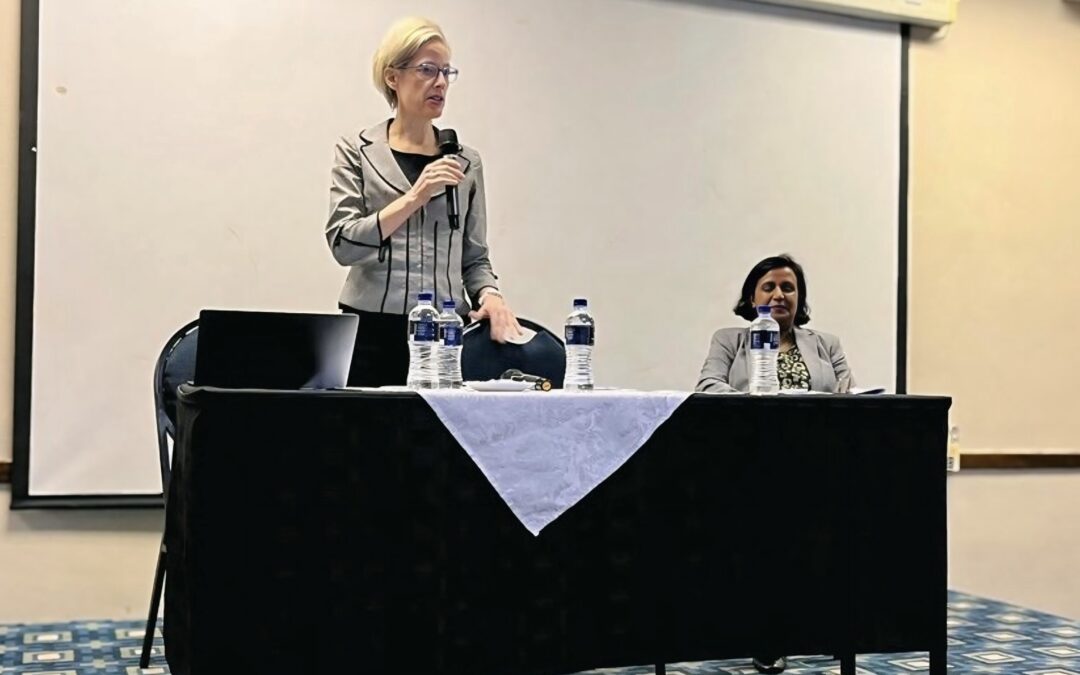

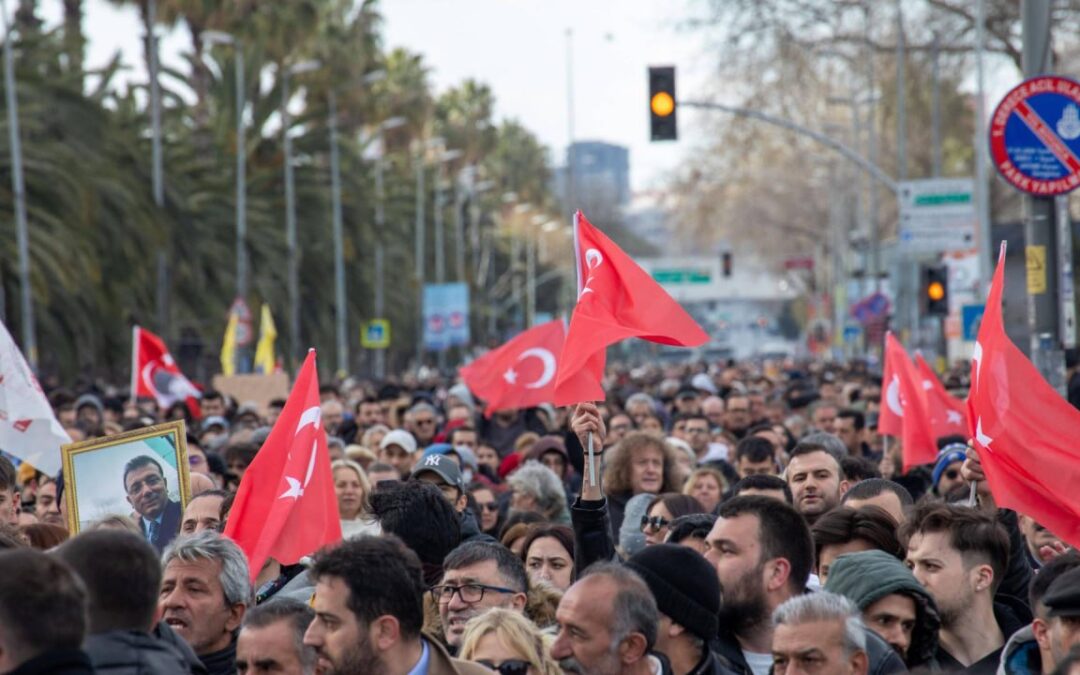
Türkiye: Arrests of lawyers in İzmir another blow to the administration of justice and the legal profession
The International Commission of Jurists (ICJ) today condemned the recent arrests in İzmir, Türkiye, of six lawyers, including the former president of the İzmir Bar Association, Özkan Yücel. While Yücel was released today, the other five remain in detention. Credible...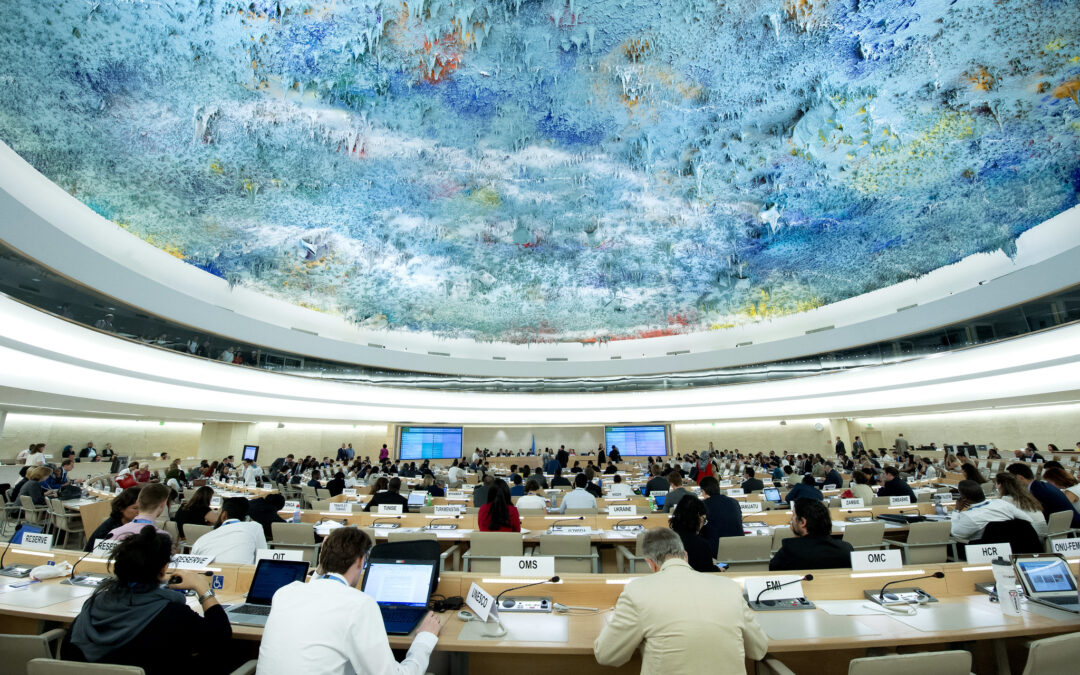
HRC58: ICJ statement on the human rights situation in Eswatini, Myanmar and Afghanistan
United Nations Human Rights Council 58th Regular Session Agenda Item 4 Oral statement of the International Commission of Jurists (ICJ) in the General Debate on Item 4 Mr. President, The International Commission of Jurists (ICJ) calls for more robust action by States...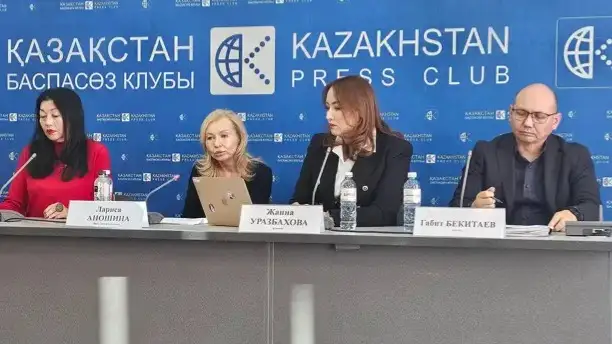
Kazakhstan: Criminal proceedings against lawyers Zhanna Urazbakhova and Gabit Bekitayev must be dropped
The International Commission of Jurists (ICJ) condemns the initiation of criminal proceedings by Almaty Police Department against lawyers Zhanna Urazbakhova and Gabit Bekitayev in Almaty. The ICJ believes that these proceedings are likely to have been undertaken in response to the lawful exercise of their professional duties.
